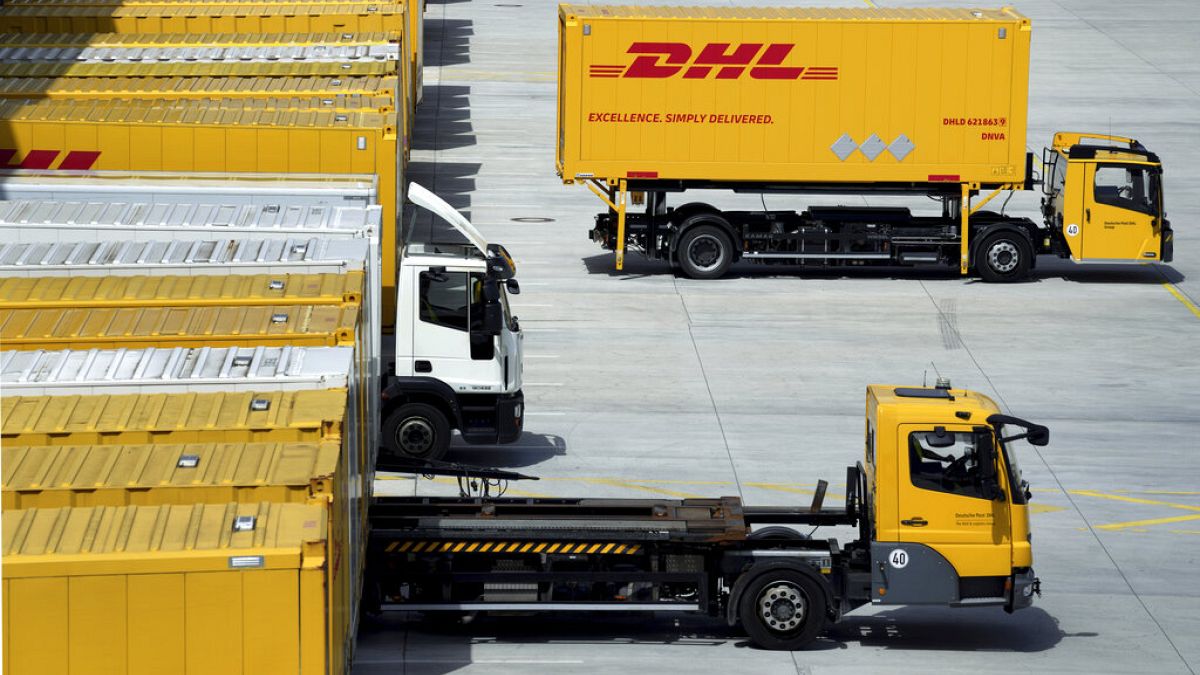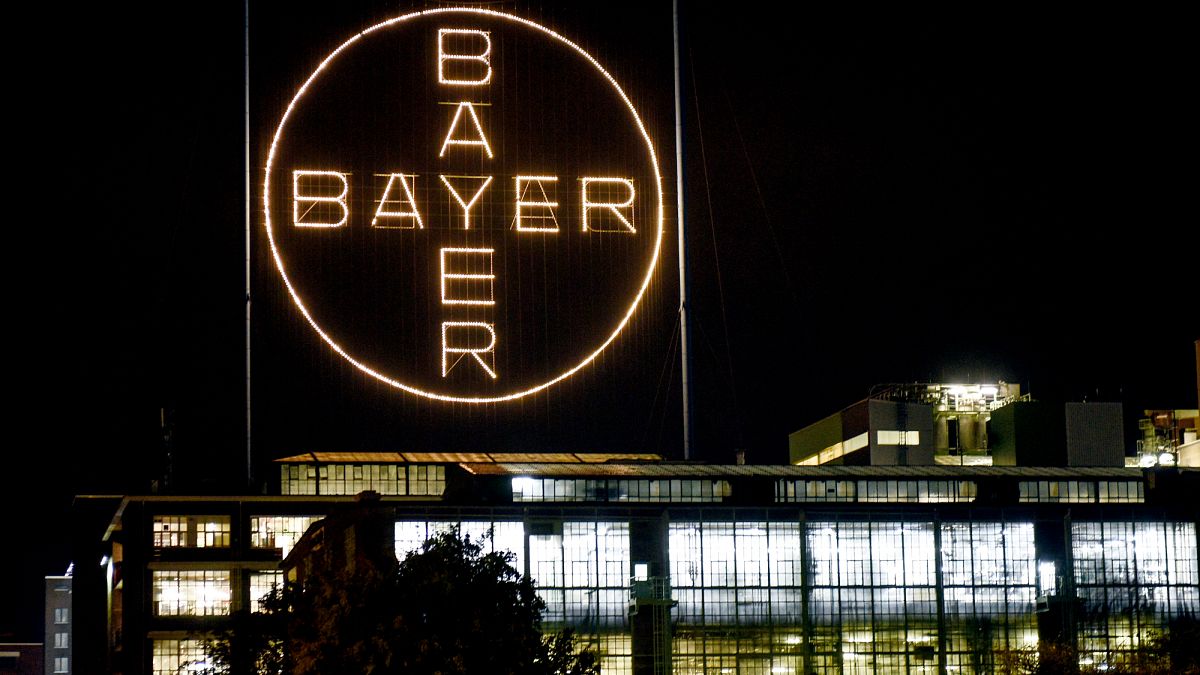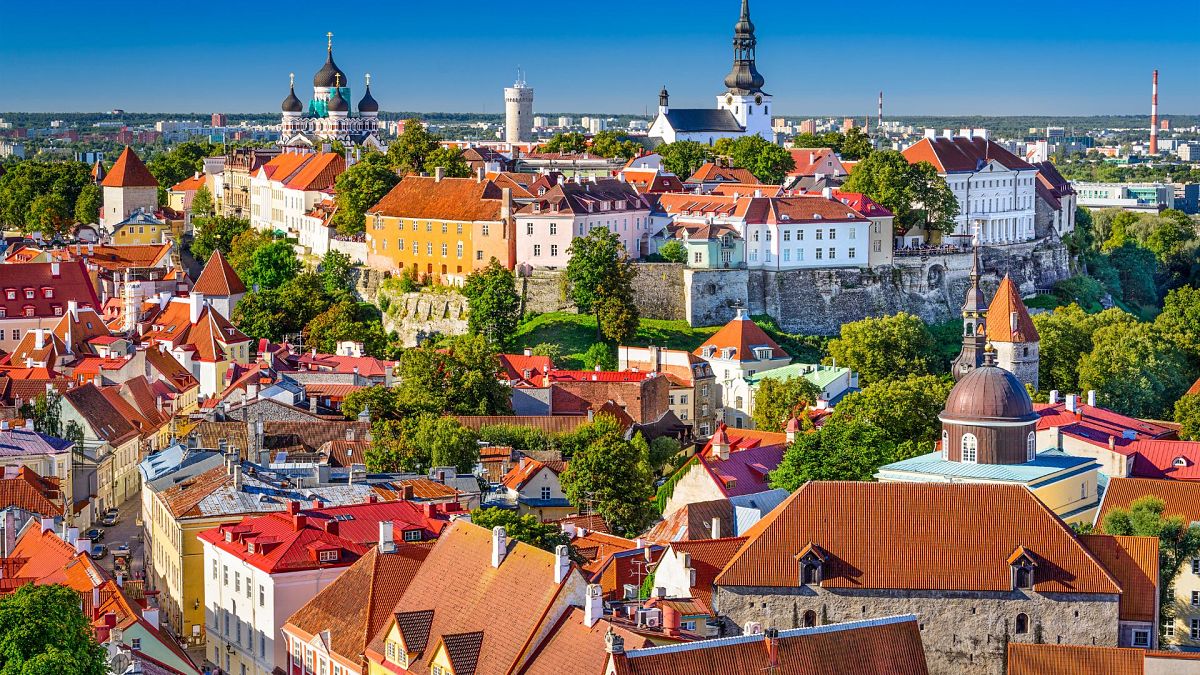Why has Germany gone into recession?

Analysts worry the German economy could become “the black sheep of Europe”.
Germany fell into recession in the first quarter of 2023, putting Europe’s largest economy out of step with the rest of the continent.
The seasonally adjusted figures from the national statistics institute, Destatis, meet the technical definition of a recession: two consecutive quarters of economic contraction.
This puts Germany in recession for the first time since the decline in GDP in the first and second quarters of 2020, when the Covid-19 pandemic began to bite.
With German consumers and businesses battered by high inflation and rising interest rates, the country’s Gross Domestic Product (GDP) fell by 0.3% between January and March – following a 0.5% decline between October and December last year.
So why is this happening?
Under pressure
The downturn is due in particular to the fall in domestic consumption as a result of inflation.
People are simply belt-tightening, with skyrocketing prices meaning there is less cash to splash.
Inflation remains very high at more than 7.2% in April, despite a gradual decline.
Top of the list of factors fuelling price rises is the war in Ukraine. German industry, long dependent on cheap Russian gas, was hit hard last year after Moscow launched its ill-fated invasion in February 2022. Supplies were cut off and prices soared.
Still, the economy at first seemed to be holding up better than expected at the start of the year, thanks to massive public aid, increased use of liquefied gas and a fall in gas prices since autumn.
Industry also benefited from the reopening of China from COVID restrictions and an easing of supply difficulties on international markets, boosting exports.
The European Central Bank’s steady drumbeat of interest-rate hikes to combat inflation has put a considerable brake on activity.
The country’s trading partners imported fewer “made in Germany” products than usual. The cause: “geopolitical turbulence, high inflation rates and loss of purchasing power”, according to the DIHK economic institute.
Black sheep
Despite this slowdown, the German government remains optimistic, with a growth forecast of 0.4% in 2023.
“The outlook for the German economy is very good, and we are in the process of overcoming the challenges we face”, Chancellor Olaf Scholz assured the press.
His Ministry of the Economy spoke of a “weak winter” before “a clear improvement” was expected thereafter.
But not everyone is so upbeat.
The IMF forecast in April that German economic activity would contract by 0.1% this year, before rebounding by 1.1% in 2024.
The German situation stands in contrast to its European neighbours, where the risk of recession has gradually faded thanks to lower energy prices. In Belgium and France, economic activity grew by 0.4% and 0.2% respectively in the first quarter of 2023 compared to the previous quarter. Italy saw its GDP rise by 0.5%.
Even the UK, which has been stuck in the economic doldrums for some time, received some good news this week: The IMF predicted it is not expected to fall into recession this year after all.
As Guillaume Dejean, an analyst for Global Market Insight, put it: “Germany is widely seen as the potential black sheep of Europe.”
Source: Euro News















